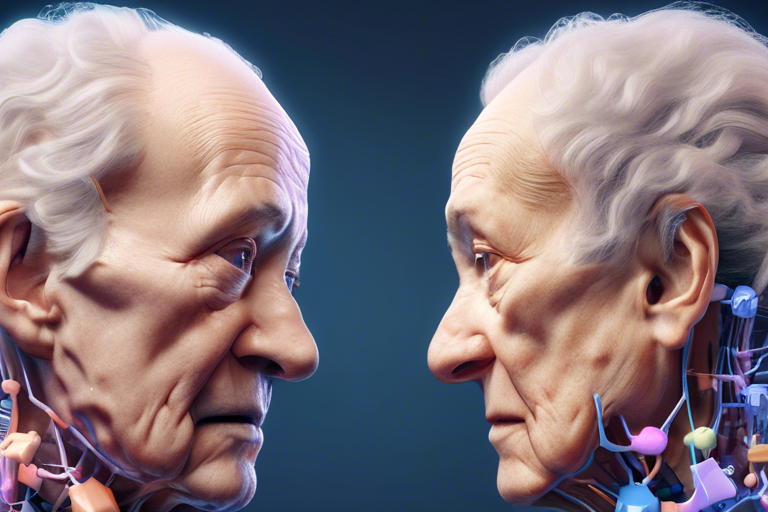Understanding the Role of Central Banks with Lyn Alden 🏦
In a recent interview on Peter McCormack’s “What Bitcoin Did” podcast, macro strategist Lyn Alden provided an in-depth analysis of central banking, fractional reserve banking, and the potential impact of Bitcoin on these systems.
The Historical Significance of Central Banks
– Lyn Alden explains how central banks, like the Bank of England, were initially established to fund wars
– 👉 Over time, they evolved to act as lenders of last resort
– Central banks play a crucial role in stabilizing fractional reserve banking systems
– 👉 These systems are prone to instability and bank runs
Delving into Fractional Reserve Banking
– Alden elaborates on the mechanics of fractional reserve banking
– 👉 Banks lend out more money than they actually hold in reserves
– The system relies on the assumption that not all depositors will demand their money simultaneously
– 👉 This mismatch between liabilities and assets can lead to liquidity crises
The Impact of Central Banks on Economic Cycles
– Central banks influence economic cycles through monetary policies
– 👉 They aim to smooth out booms and busts but may exacerbate cycles inadvertently
– Control over interest rates and money supply can distort the economy
– 👉 Proving the procyclical nature of central banks’ policies
Technological Advancements in Banking
– Alden discusses how technological advancements historically centralized banking systems
– 👉 Faster communication and settlement systems contributed to centralization
– Modern technologies like Bitcoin offer decentralized alternatives, challenging the need for central banks
– 👉 Opening up new possibilities for financial systems
Bitcoin’s Role in Decentralization
– Alden explores how Bitcoin could operate as a decentralized financial system
– 👉 Bitcoin allows for fast, irreversible settlements, reducing the need for central authorities
– Bitcoin has the potential to fundamentally change the dynamics of banking
– 👉 By eliminating the necessity for fractional reserve banking and central control
Understanding Inflation and Deflation
– Alden addresses concerns about inflation and deflation
– 👉 Inflation often stems from excessive lending and government deficits
– Deflation can destabilize highly leveraged systems, posing risks in the current economic setup
– 👉 Alden explains the impact of deflation in different economic scenarios
Exploring Wealth Inequality and Redistribution
– Alden delves into the impact of inflation and deflation on wealth disparities
– 👉 Both economic conditions can worsen inequality if not managed properly
– Historical attempts at redistribution had mixed outcomes, influencing wealth distribution
– 👉 Alden points out the challenges and complexities of redistribution efforts
The Future Landscape of Central Banking
– Speculating on the future with Bitcoin’s rise, Alden suggests that central banks may face new challenges
– 👉 While they are likely to persist, decentralized financial systems could render them obsolete
– Building alternatives rather than reforming the existing system may be the way forward
– 👉 Alden advocates for embracing innovation in financial structures
Hot Take 🔥
After diving deep into central banking, fractional reserves, and Bitcoin’s potential impact, it’s clear that the financial landscape is evolving. With technological advancements and decentralized alternatives on the rise, the role of traditional central banks may face significant transformations in the near future. Understanding these shifts can empower you to navigate the changing financial terrain effectively.





 By
By

 By
By
 By
By
 By
By
 By
By